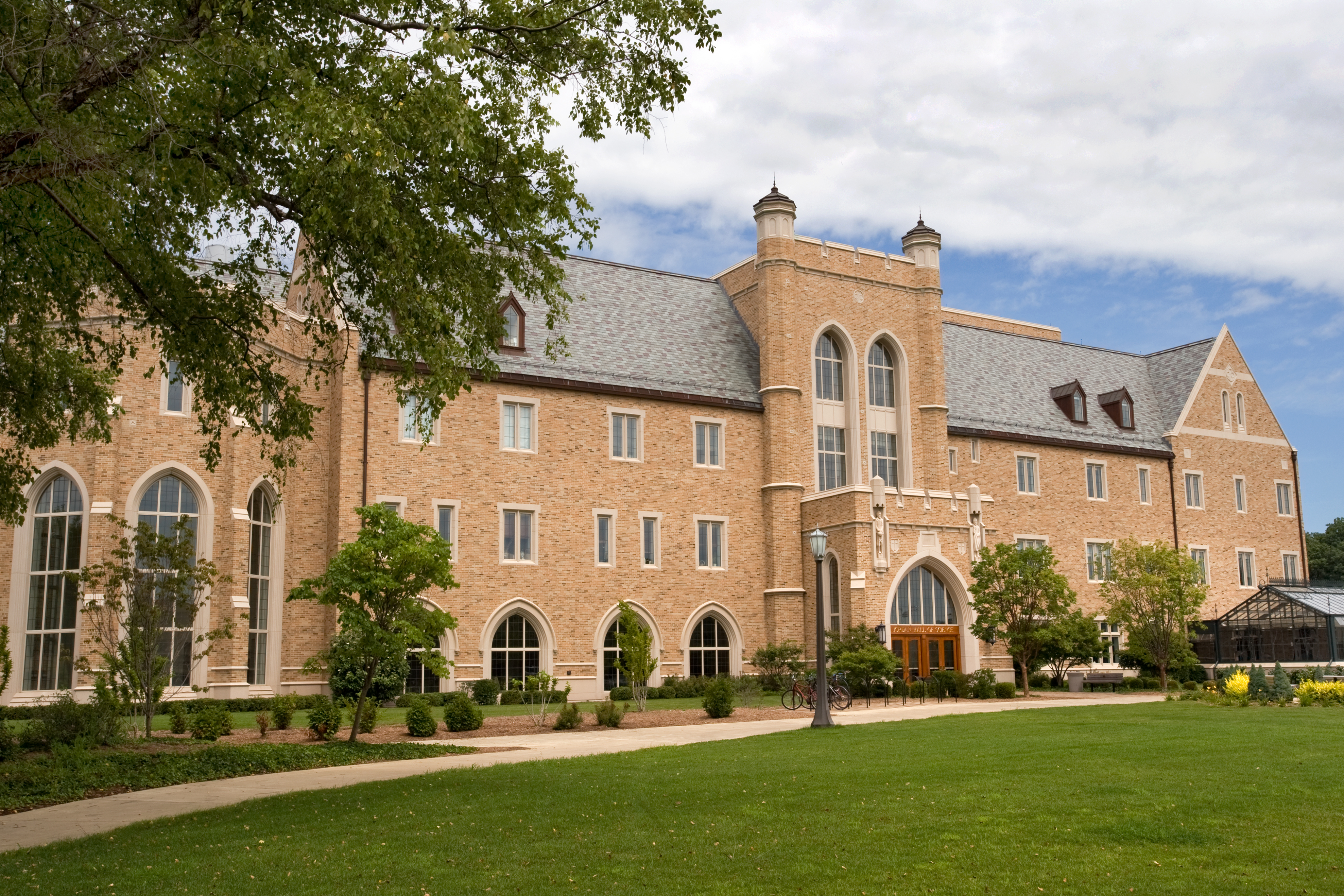Recently The Guardian reported on how Christian Schools Australia (CSA), in a joint submission with Adventist Schools Australia (ASA) to the Religious Freedoms Review (Review) said that schools must retain their ability to hire and fire teachers based on their beliefs and adherence to religious codes. It also called for “the right to select students,” including the right to eject them from a school community.
School Governance has not seen the submissions as they do not appear to be publicly available.
The Review, led by former Federal Minister Philip Ruddock, was announced in November 2017, in the wake of the concerns raised by religious leaders across Australia that religious freedom was under threat after same-sex marriage legislation passed in Federal Parliament. This action from CSA and ASA also comes after the Catholic Church threatened to fire staff such as teachers and nurses who engaged in same-sex weddings in breach of church doctrine.
According to The Guardian, CSA in their submission, took aim at Queensland’s anti-discrimination laws, which require any religious objection to be an “inherent requirement” of the religion, and staff can only be discriminated against if they decide to “openly act” in contravention of their employer’s religious beliefs. According to the CSA, this means that schools could not take any action against a staff member who “may have a fundamentally antithetical faith position” to the school. The Guardian lists other CSA quotes that staff leading a “double life” undermines the duty of fidelity and good faith to the school and was a form of “duplicity and deceit” and was not in anybody’s interests.
The Review is due to release their findings on 31 March 2018.
Can Schools Discriminate Against Staff on Religious Grounds?
This issue was recently in the news due to a case in WA where a teacher was sacked for making a social media post that revealed his same sex relationship. The teacher's relationship status was regarded by the school as being contrary to the school community’s foundational beliefs, which at that time had reflected only relationships involving a male and a female.
The school's decision was legal under the Equal Opportunity Act 1984 (WA) which allows schools established for religious purposes, to lawfully discriminate against another person on any one or more of the grounds for discrimination (sex, marital status), if it goes against the tenets or doctrine of the religious belief which the school follows. This only applies when there is a connection with employment, contract work and the provision of education and training as a member of the staff of an educational institution.
And in NSW under the Anti-Discrimination Act 1977 (NSW) ‘private educational authorities’ (that is, private schools) regardless of whether they are faith-based educational institutions or not, are exempt from a number of the discrimination provisions in matters of employment and the provision of educational services. That means that on the face of it, it is legal for a non-government school in NSW to discriminate against an employee on the grounds of his or her homosexuality, transgender, and marital or domestic status:
- in the terms of his or her employment contracts;
- by denying, or limiting access, to opportunities for promotion, transfer or training, or to any other benefits associated with employment; or
- by dismissing the employee or subjecting them to any other detriment.
Federal HR laws support the decision taken by the WA school. For example, section 351 of the Fair Work Act 2009 (Cth) does not apply to an action taken by an employer that is:
- not unlawful under any anti‑discrimination law in force in the place where the action is taken; or
- taken because of the inherent requirements of the particular position concerned; or
- if the action is taken against a staff member of an institution conducted in accordance with the doctrines, tenets, beliefs or teachings of a particular religion or creed—taken:
- in good faith; and
- to avoid injury to the religious susceptibilities of adherents of that religion or creed.
Legislation that is similar to the Equal Opportunity Act 1984 (WA) exists in other state and territory legislation (except Tasmania). It seems that CSA and ASA's submissions are based on a concern that such exemptions may be repealed by governments.
Can Schools Discriminate Against Students on Religious Grounds?
The answer depends on the state or territory legislation, but generally is 'yes'. For example in NSW, under the Anti-Discrimination Act 1977 (NSW) it is legal for a school to discriminate against a student on the grounds of their homosexuality. This is also the case in Victoria (see this previous article about a failed proposal to change this law in Victoria).
In WA, schools can discriminate on the grounds of sex but not sexual orientation. While schools in NSW and VIC can discriminate against students based on the ground of sexual orientation. Therefore, each state/territory's laws need to be considered for the situation in other jurisdictions.
Could the Law Change?
Yes. The laws that allow schools to legally discriminate against staff for sexual orientation are not supported by all members of society and it seems that CSA and ASA's submissions are based on a concern that such exemptions may be repealed by governments. That said, these provisions regularly attract criticism and even, in some cases, bills in parliament, but to date, such action has not been successful.
Unlike the Marriage Act 1961 (Cth) which is a federal act, the anti-discrimination legislative framework includes both federal and state and territory legislation. This means that changing the legislation is harder as multiple pieces of law must be amended - if the federal, state and territory governments agree. The same applies for wanting to add new exceptions such as the right to expel a student based on their sexual orientation.
Following the release of the Review's findings on 31 March it is likely that more debate will result.


